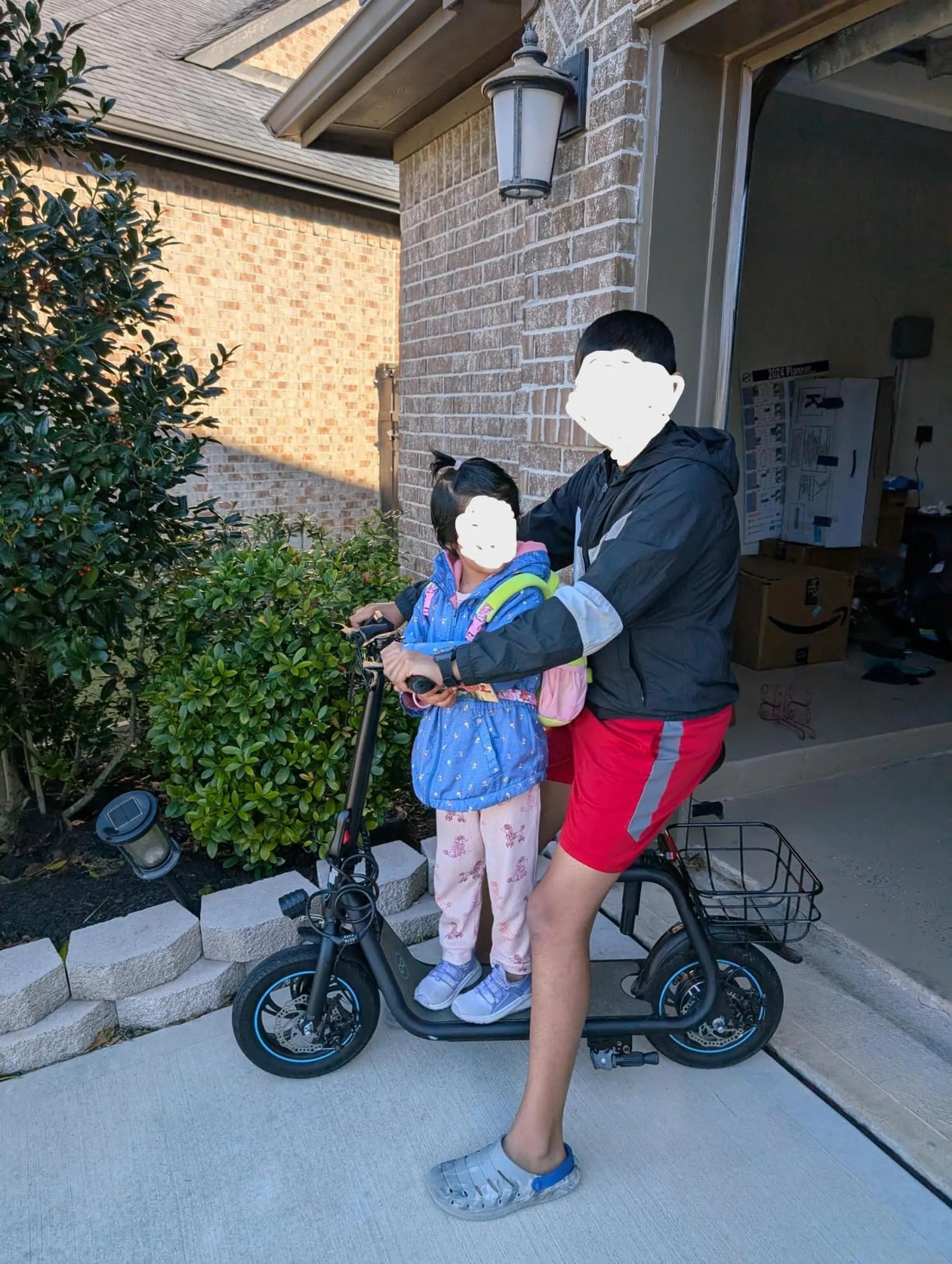Electric scooters have surged in popularity as a convenient and eco-friendly mode of transportation. But one question looms large for potential riders: Do electric scooters require a license? The answer isn’t always straightforward, as regulations vary widely depending on location, scooter specifications, and local laws. Whether you’re a daily commuter or a weekend explorer, understanding the legal requirements is crucial to avoid fines and ride safely.
Understanding Electric Scooter Classifications
Electric scooters fall into different categories based on their speed, power, and design. These classifications often determine whether a license is required:
- Low-Powered Scooters: Typically capped at speeds below 15-20 mph, these scooters are often exempt from licensing in many regions.
- High-Powered Scooters: Models exceeding 20 mph or with higher wattage may be classified as motor vehicles, requiring registration, insurance, or even a driver’s license.
- Moped or Motorcycle-Class Scooters: Some electric scooters resemble mopeds or motorcycles in power and speed, almost always requiring a license.
Legal Requirements by Region
Laws governing electric scooters differ significantly across countries, states, and even cities. Here’s a general breakdown:
United States
In the U.S., electric scooter regulations are primarily determined at the state level:
- No License Required: Many states treat low-speed electric scooters similarly to bicycles, meaning no license is needed.
- License Required: Some states classify faster scooters as motor vehicles, requiring a valid driver’s license.
- Local Variations: Cities may impose additional rules, such as helmet mandates or restricted riding zones.
Europe
European countries often have stricter regulations:
- EU-Wide Standards: Scooters under 250W and 15.5 mph may not require a license in many EU nations.
- License and Registration: Higher-powered scooters may need registration, insurance, or a license.
Asia and Australia
Regulations in Asia and Australia can be stringent:
- Australia: Most states require a license for any electric scooter exceeding certain speed or power limits.
- Asia: Countries like Japan and Singapore have specific rules, often requiring registration or permits.
Key Factors Influencing Licensing Requirements
Several factors determine whether your electric scooter needs a license:
- Speed and Power: Faster, more powerful scooters are more likely to be regulated.
- Local Laws: Always check municipal or regional regulations, as they can override general state or national rules.
- Age Restrictions: Some areas impose age limits, even if no license is required.
- Insurance and Registration: High-powered scooters may need insurance or registration, similar to cars.
Penalties for Riding Without a License
Ignoring licensing requirements can lead to consequences:
- Fines: Riding an unlicensed scooter may result in hefty penalties.
- Confiscation: Authorities may impound scooters that don’t meet legal standards.
- Legal Trouble: Repeated violations could lead to more severe legal action.
Tips for Staying Compliant
To avoid legal issues, follow these steps:
- Research Local Laws: Check government or transportation department websites for up-to-date rules.
- Choose the Right Scooter: Opt for models that align with your area’s licensing exemptions.
- Wear Safety Gear: Even if a license isn’t required, helmets and reflective gear can prevent accidents.
Electric scooters offer a fun and efficient way to get around, but navigating the legal landscape is essential. By understanding whether your scooter requires a license, you can ride confidently and avoid unnecessary headaches. Stay informed, ride safely, and enjoy the freedom of electric mobility!

Share:
Electric Scooters 20mph: The Future of Urban Mobility
Electric Scooters With Big Wheels: The Ultimate Ride for Comfort and Stability